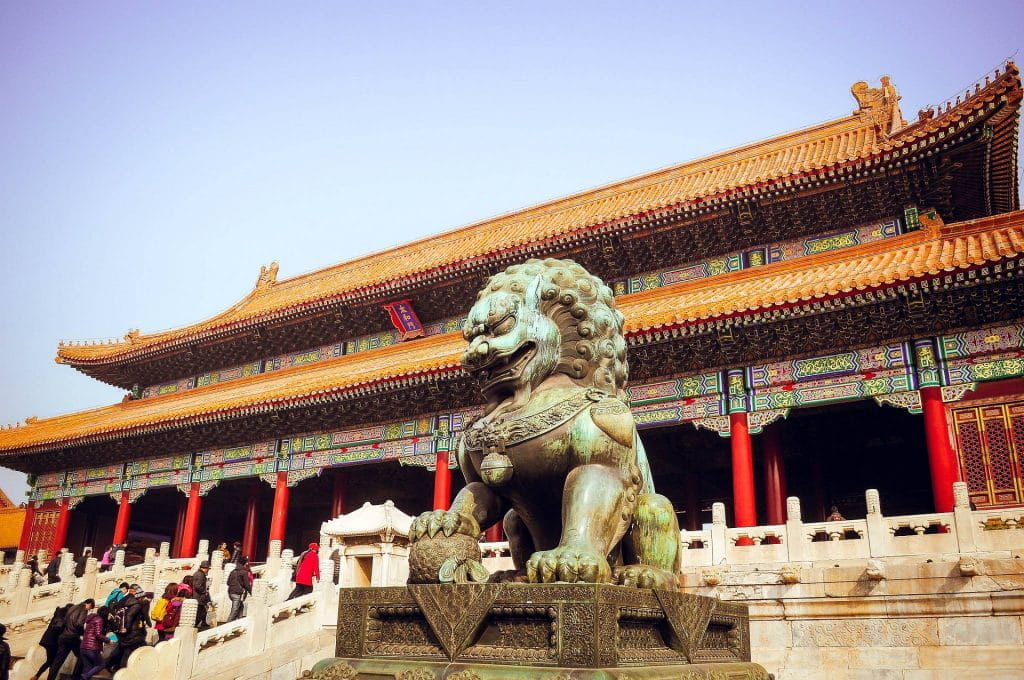China publishes black list
- Copy URLCopied URL!
- Share on Facebook
- Share on Twitter
China recently published a blacklist in order to contain cross -border gambling tourism. On this black list, travel destinations abroad are listed that are assigned to gambling tourism. According to an official announcement by the Chinese Ministry of Culture and Tourism from last week, travel restrictions are intended to advance the fight against the gambling banned in China. The black list makes it significantly more difficult by the black list to travel to casinos abroad. Among other things, there could be a plan for the Macau special administration zone.

Casino trips abroad very popular with Chinese
So -called gambling trips to foreign casinos are particularly popular with the wealthy upper class of Chinese society. The gamblers have been a thorn in the side of the Chinese government for a long time. As the newspaper Global Times recently reported, a black list should now Travel restrictions for certain destinations abroad are created that are specially designed for gambling tourism.
For which destinations and countries the travel restrictions will apply is not yet known. If one believes an analysis report by the investment bank JP Morgan, however, aspiring Southeast Asian gambling goals will be documented with them. However, there are still question marks behind some known goals. For example, it seems to be that the Chinese special administrative zone Macau in which gambling is permitted, is excluded from the travel restrictions. Experts suspect a rehabilitation plan of the Chinese government for the gambling industry based there.
Gambling trips are Beijing a thorn in the side. Except for a few state lotteries, gambling in China, with the exception of the special administration zone Macau, is prohibited. For this reason, numerous Chinese accept the trip abroad to play in the casinos there. Casinos in Singapore, the Philippines, Vietnam or Australia are particularly popular. The world tourism organization had an increase in Chinese tourists by around 3.3 percent from 149.7 million in 2018 to 155 million in 2019. In 2018, these spent around $ 277.3 billion, which makes up for around 20 percent of global international travel expenses. A not inconsiderable proportion was left by the Chinese tourists in foreign casinos. According to the Chinese government, gambling locations abroad endanger personal security and the property of Chinese citizens. For this reason, the black list for certain travel destinations was published.
Gaming paradise Macau as a profiteer of the black list?
According to the Chinese authorities, Macau is not an overseas travel destination and therefore does not fall below the criteria of the black list. As a result, Macau could benefit from the new provisions, since Chinese gambling tourists are very likely to visit the gambling mecca again, since trips to other destinations are made more difficult. With this step the Due to the corona pandemic, gambling industry in Macau recover significantly faster economically.
Online gambling on the advance. In addition to gambling tourism, illegal online gambling is a problem for the Chinese government. This is also prohibited, but it is much more difficult to control than the land-based gambling. Every year Chinese players spend around $ 145 billion on illegal gambling sites on the Internet.
This also speaks for this that China not too long ago The travel restrictions for Macau loosened Has. In addition, the standard for hygiene and security measures was significantly increased again. It therefore works to the outside world as if China with the loosening for Macau and the travel restrictions for foreign gaming goals targets specifically Promote and support the economy of the special management zone want to.
According to John Decree from Union Gaming, exactly how China wanted to implement the travel restrictions. However, the travel restrictions for South Korea, which were introduced in 2017 due to geopolitical tensions, could certainly be taken as a role model. As a result of the restrictions, South Korea recorded a decline in Chinese tourists from 50 percent from 8 million to 4 million visitors. In the course of this, the VIP revenue of foreigners in the Korean casinos remarkable.
